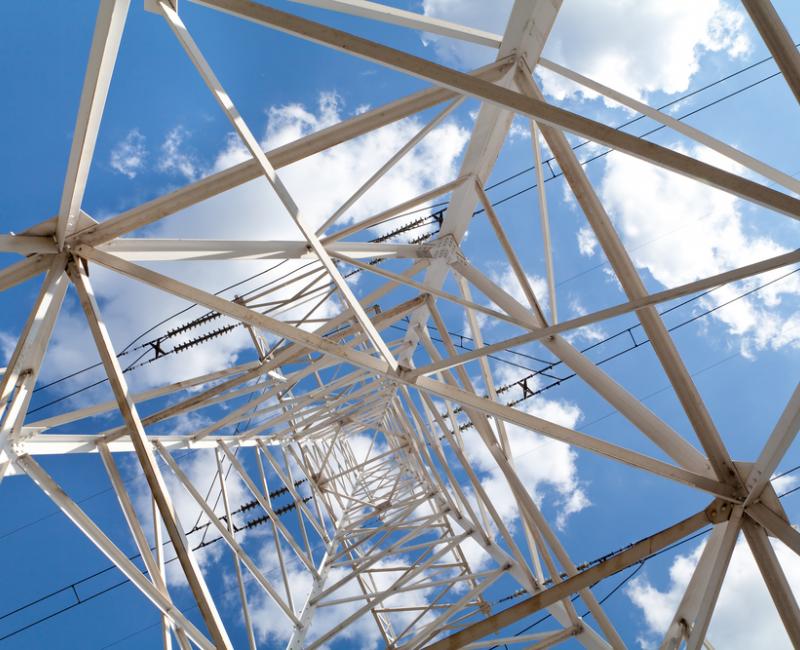
ACER has decided not to grant the Swedish TSO a derogation from the 70% requirement
What is it about?
The EU Agency for the Cooperation of Energy Regulators (ACER) has decided not to grant the Swedish Transmission System Operator (TSO) a derogation from the requirement to provide minimally 70% of the transmission capacity for cross-zonal trade (‘70% requirement’).
What is the decision about?
The 70% requirement is one of the cornerstones of the internal market for electricity. However, the relevant Regulation 2019/943 on the internal market for electricity (Regulation) allows a temporary derogation for the TSOs who cannot comply with this requirement. The derogation may be granted under strict conditions and is subject to the agreement between the concerned National Regulatory Authorities (NRAs) or, in case of their disagreement, the decision on granting such a derogation is submitted to ACER.
Background
On 6 October 2021, the Swedish NRA (Energy Markets Inspectorate, Ei) received the request from the Swedish TSO (Svenska kraftnät, Svk) for a derogation from the 70% requirement for multiple electricity interconnections for the year 2022.
Ei decided that Svk should be granted the derogation for the interconnectors between the bidding zones Finland – Sweden 3 (FI-SE3) and Sweden 3 - Denmark 1 (SE3-DK1). However, the Finnish NRA (EV) and the Danish NRA (DUR) opposed granting the derogations to Svk due to various reasons. Among others, EV and DUR highlighted that the Svk’s request for derogation is incomplete and that Svk does not provide sufficient efforts to ensure required level of redispatching and countertrading to support the 70% requirement. The question of derogation was therefore submitted to ACER.
In its decision of 26 October 2022, ACER concluded that the derogation from the 70% requirement should not be granted to Svk.
How did ACER contribute?
ACER has thoroughly assessed Svk’s derogation request against the relevant requirements specified in the Article 16(9) of the Regulation, and analysed the Svk’s application of the 70% requirement in the previous years.
The assessment confirmed that:
- The derogation was not necessary for maintaining operational security;
- The derogation request did not provide the minimum capacity targets,
- The derogation request did not provide the methodology on how to avoid the discrimination between internal and cross-zonal exchanges.
Based on the above, ACER has concluded the derogation should not be granted.
Access the Decision 17-2022.
